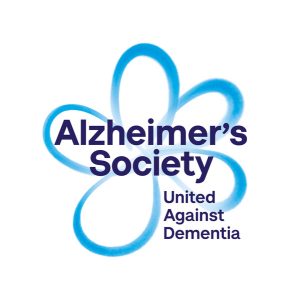The Alzheimer’s Society Dementia Action Week campaign takes place from the 16th to the 22nd  May 2022. This year the focus is on diagnosis.
May 2022. This year the focus is on diagnosis.
Diagnosis
Asking the same question, over and over again. It’s not called getting old, it’s called getting ill. Please watch this important film from the Alzheimer’s Society.
If you or a loved one are experiencing memory loss, it could be a sign of dementia.
If you’re concerned about possible signs of dementia, support from @alzheimerssoc is just a click away. Visit alzheimers.org.uk/memoryloss. #DAW2022.
Recent research, conducted with over 1000 people affected by dementia, shows that the misconception that symptoms like memory loss are a sign of normal ageing is the biggest barrier to people seeking a dementia diagnosis.
With diagnosis rates at a five-year low, tens of thousands of people are now living with undiagnosed dementia. This means they don’t have access to the vital care and support that a diagnosis can bring.
Getting a diagnosis can be daunting, but we believe it’s better to know. And so do 91% of people affected by dementia.
Over 9 in 10 people affected by dementia say getting a diagnosis has benefited them. It allows them to receive practical advice and support, to plan for the future, and can even offer a sense of relief in knowing what’s going on.
Getting a timely diagnosis is important and can help people avoid reaching a possible crisis point.
Alzheimer’s Society offers dedicated advice and support for anyone concerned that they or someone they’re close to may be experiencing signs of dementia. From information on memory loss symptoms, to what to expect from a meeting with a GP.
Support and more information about a diagnosis is just a phone call or a click away. Visit alzheimers.org.uk/memoryloss or call 0333 150 3456.
You can also use Forward with Dementia to read more about the signs and symptoms of different types of dementia and use our checklist to help you prepare for conversations with your GP about a dementia diagnosis.
Find out more about managing your feelings after a dementia diagnosis






